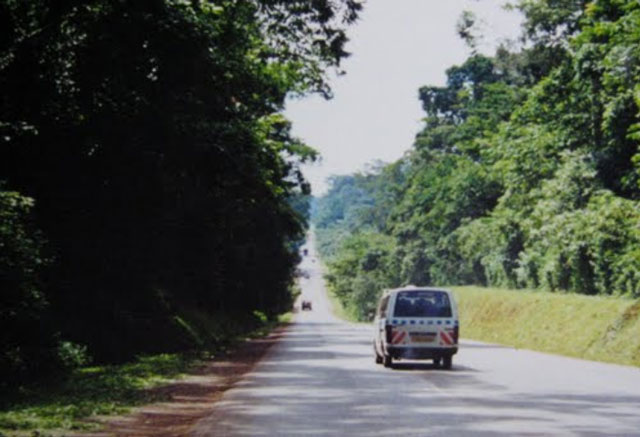
When packaging overshadows service delivery, the leadership fails to confront the full stench of dysfunction and act
COMMENT | OKUMU MIKE IBRAHIM | In recent times, I have come to better understand why many frontier organisations such as the Economic Policy Research Center now prefer to observe prospective employees—through internships, consultancy roles, or temporary assignments—before offering permanent contracts. This trend reflects a broader social phenomenon: the rise of impression management, what we locally call kufera. Unfortunately, this culture of appearances has crept into the realm of public service, where form often triumphs over substance, and packaging overshadows the true content of delivery.
This crisis of appearances is neither abstract nor difficult to witness. It plays out routinely in our public service delivery. Consider what happens when the President plans to visit a rural subcounty like Mpungwe in Mayuge District. Within days, a road that has been impassable for three or four years—say, from Buwaaya through Makoova to Mpungwe trading center—suddenly receives urgent repairs. A similar miracle unfolds when the Prime Minister visits Buwongo in Makuutu subcounty in Bugweri District: the long-neglected road from Mpungwe via Namatoke through Namavundu is hastily patched. Even the notorious Jinja-Kampala highway—especially the dangerous stretch between Namawojjolo and Mabira Forest—is given cosmetic attention ahead of high-profile visits.
Let me be clear: I am not entirely against impression management. When done right, it signals responsiveness and effort. But I am deeply concerned when it becomes a substitute for sustainable, citizen-focused service delivery. The real cost of this ‘performance governance’ is borne by the president’s ordinary voters—farmers, traders, commuters, patients—who suffer daily from poorly maintained socio-economic infrastructure. It is a silent but persistent tax on their time, income, health, and dreams.
Take the example of feeder roads. When these are neglected, farmers cannot efficiently access markets, transporters are forced to take longer routes, and vehicles suffer frequent breakdowns. Worse still, critically ill patients often fail to reach health facilities in time. On the Jinja-Kampala highway, I have yet to make a journey without encountering a vehicle breakdown—often due to tire damage from killer potholes. The situation has deteriorated to a disturbing degree: it is now alarmingly common to witness as many as three trailers involved in serious accidents within the Mabira Forest stretch alone during a single journey.
This is not just a public safety issue—it is an economic one. Imagine a small-scale transporter who owns a single trailer, hoping to build a fleet over time. That one truck, exposed daily to treacherous roads, becomes both a fragile asset and a high-risk liability. With low uptake of comprehensive insurance in Uganda, a single accident can wipe out an entire business. And for those insured, companies may raise premiums for vehicles operating on high-risk routes like this, further squeezing profit margins.
And what about the human cost? How many lives are being prematurely lost because we have prioritised impressions over integrity in service delivery? What picture do we present to visitors and investors driving from Entebbe or Kampala to Jinja, along this treacherous route? Is this the image we want to project to the world?
In the end, service delivery should serve the president’s voters—easing their burdens and reinforcing his legitimacy—not perform for the President himself. Only when our leadership is made to confront the full stench of dysfunction can they be compelled to act with urgency, honesty, and foresight. So long as impression management continues to dominate governance, we will keep misallocating public resources—not to where the pain is deepest, but to where the spotlight happens to fall.
Uganda does not need more polish—it needs greater purpose. Let us shift from the optics of performance to the substance of delivery; from appearance to accountability; from temporary fixes to lasting solutions.
****

Okumu Mike Ibrahim is Assoc. Professor and Dean, Fellow of The Uganda National Academy of Sciences (FUNAS), Makerere University Kampala
 The Independent Uganda: You get the Truth we Pay the Price
The Independent Uganda: You get the Truth we Pay the Price





